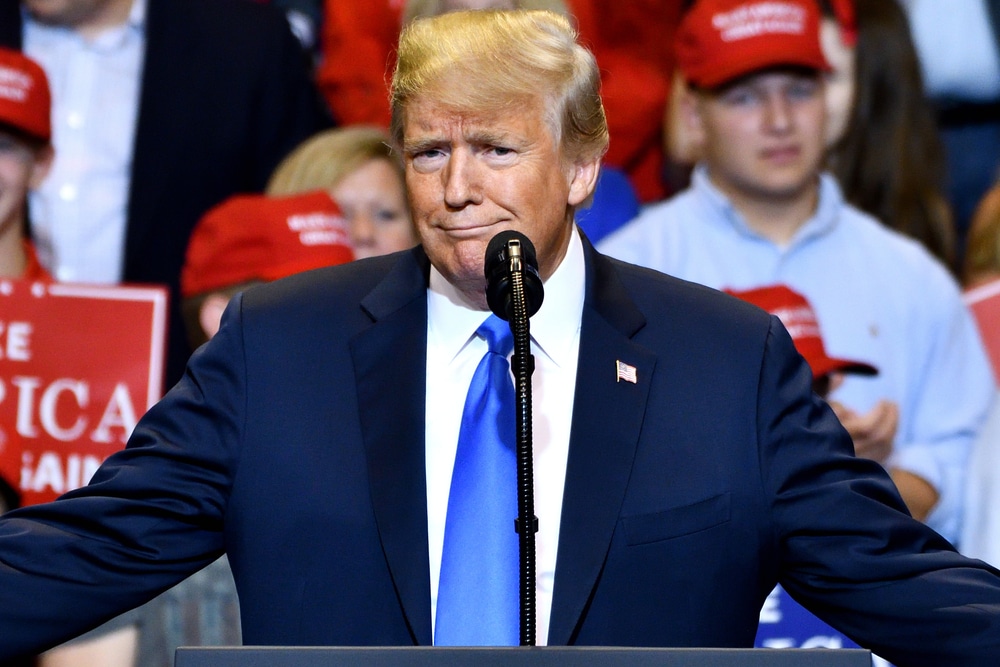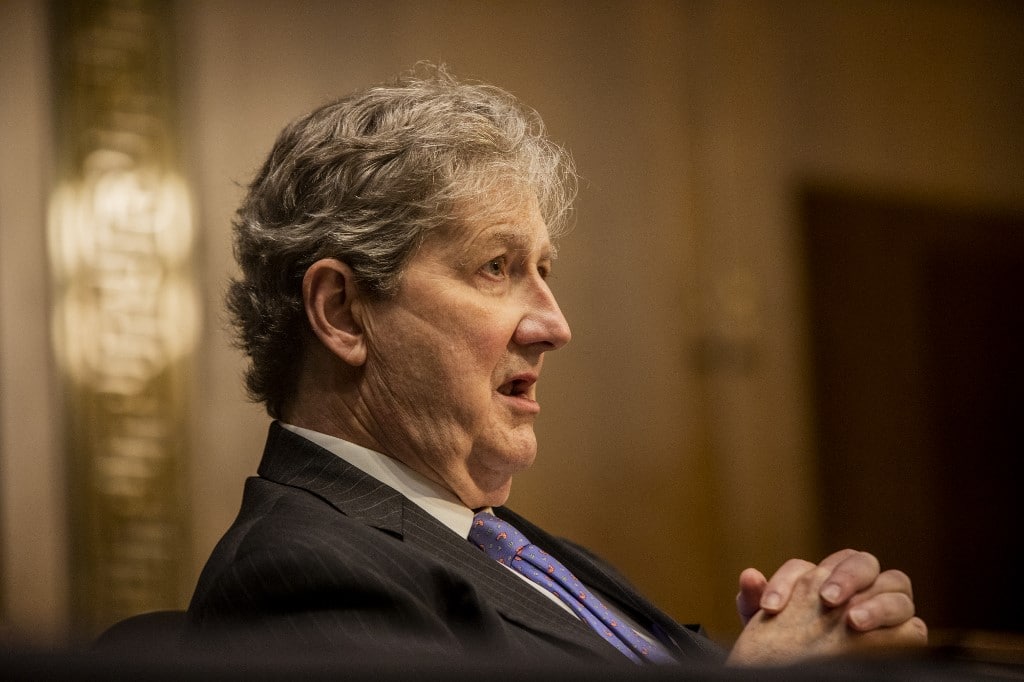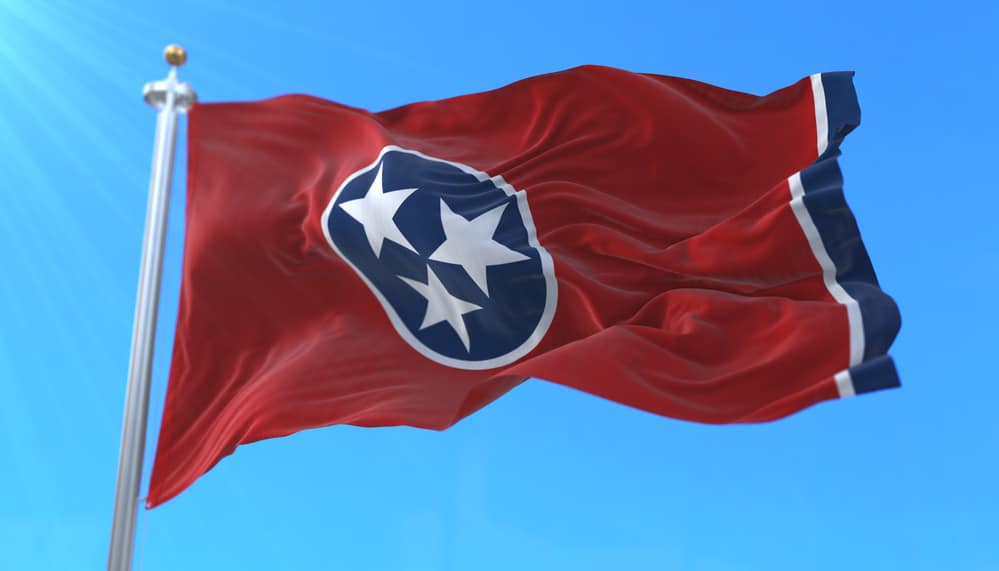In recent times, Mike Tyson, the legendary heavyweight boxing champion, has shifted his focus from the ring to a pressing social issue. He’s now advocating for a significant change in the U.S. policy on marijuana, highlighting the evolving public opinion and legislative landscape regarding this substance.
Beyond the Ring

Throughout his renowned career as a legendary heavyweight boxing champion, Mike Tyson has challenged numerous rivals. This week, however, he’s targeting another prominent figure for a significantly noble cause.
A Letter for Change

Tyson is appealing to President Joe Biden, dispatching a letter to Biden and the White House, advocating for clemency for individuals imprisoned on federal marijuana offenses.
War on Marijuana Policy

Tyson declared in his letter, “The ‘war on marijuana is over,'” and urged Biden to fulfill a campaign commitment to free those jailed for marijuana-related charges.
Compassionate Appeal

In his letter, Tyson stated, “I write in support of granting clemency to marijuana offenders still incarcerated in federal prison and restoring civil rights to those haunted by a federal marijuana conviction.”
Tyson and Celebrities United

He continued, “Today, I join the Weldon Project, Drake, Killer Mike, T.I., Deion Sanders, Bella Thorne, Jim Brown, and many others in calling upon you to end the madness of federal marijuana prohibition.”
Marijuana Legalization Issues
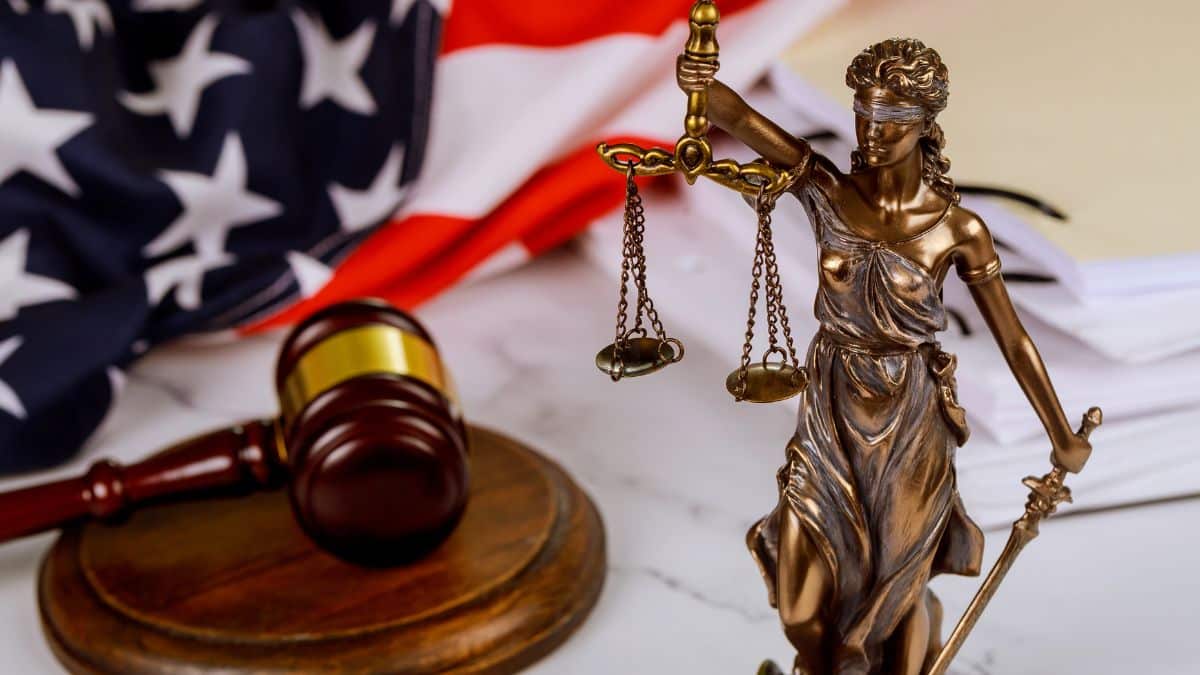
Tyson went on to clarify that although marijuana hasn’t been legalized for recreational use at the federal level, the topic of state-level legalization has repeatedly appeared on ballots across the nation.
State-Led Legalization
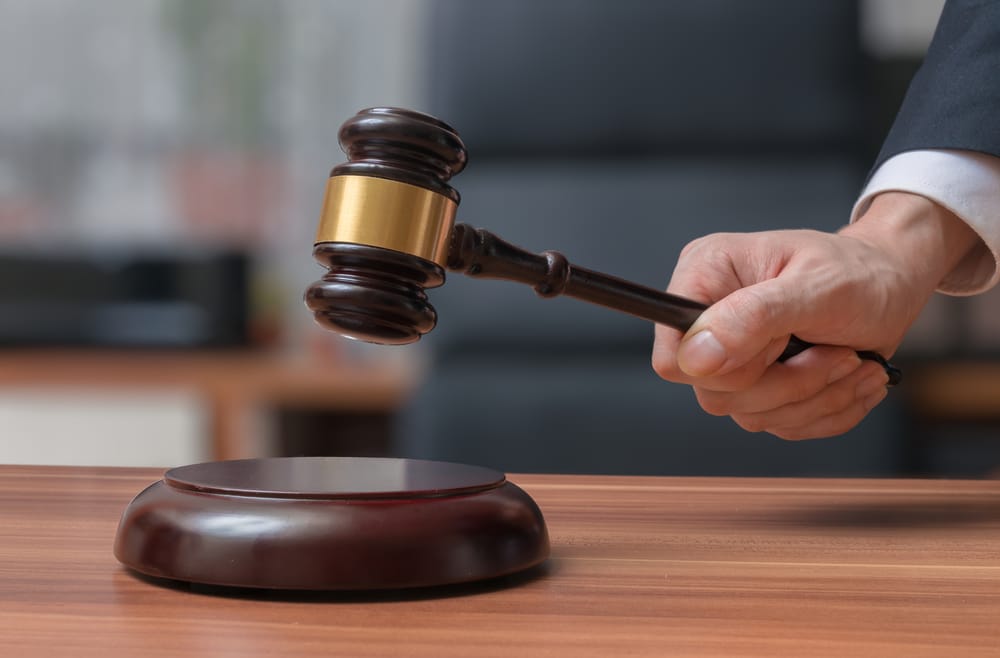
Tyson and others point out that numerous states have either legalized or decriminalized marijuana for medical and recreational purposes, a shift they argue should pave the way for the release of previous offenders.
Marijuana Prohibition

“Marijuana should not be a crime. Americans today reject marijuana prohibition in public opinion polls and through legalization efforts across the nation,” Tyson further commented.
Federal Cannabis Change
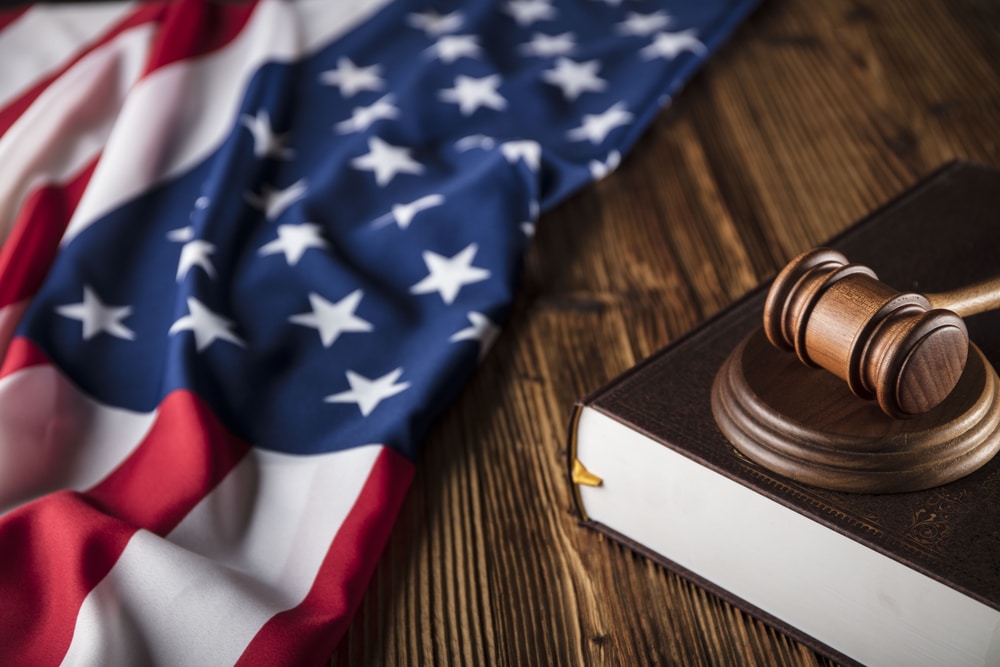
“The U.S. government should no longer use marijuana as a reason to lock people up. The first step is to release the remaining people incarcerated federally under America’s war on marijuana and to wipe the slate clean for those convicted of federal marijuana offenses,” he added.
State vs. Federal

Marijuana laws in the United States have been a subject of extensive debate and evolving legislation over the past several decades.
The legal status of marijuana varies widely between federal, state, and local jurisdictions, creating a complex and often contradictory legal landscape.
Shifting Trends in U.S. Laws

There is a growing trend toward liberalization of marijuana laws in the U.S., with public opinion increasingly favoring legalization, especially for medical use.
Discussions at the federal level about reclassifying or decriminalizing marijuana continue, but significant changes have yet to be enacted.
State-Federal Clash

The discrepancy between state and federal laws creates significant legal and practical challenges. For example, businesses operating legally under state law can still face federal charges.
Additionally, the banking and financial services for marijuana-related businesses are complex due to the federal illegality.
Recreational Marijuana

Several states and the District of Columbia have legalized marijuana for recreational use. This means adults in these states can legally use marijuana for non-medical purposes, subject to certain regulations and restrictions similar to those placed on alcohol.
Medical Marijuana

A larger number of states have legalized marijuana for medical use. In these states, individuals with specific medical conditions can use marijuana with a doctor’s recommendation. The conditions that qualify for medical marijuana use, and the regulations governing its use, vary by state.
Decriminalizing Marijuana

Some states have decriminalized marijuana, reducing the penalties associated with its possession. Typically, this means that possession of small amounts is treated as a civil infraction or a low-level criminal offense, rather than a serious criminal charge.
Read Next: What Really Causes Donald Trump’s Skin to be So Orange
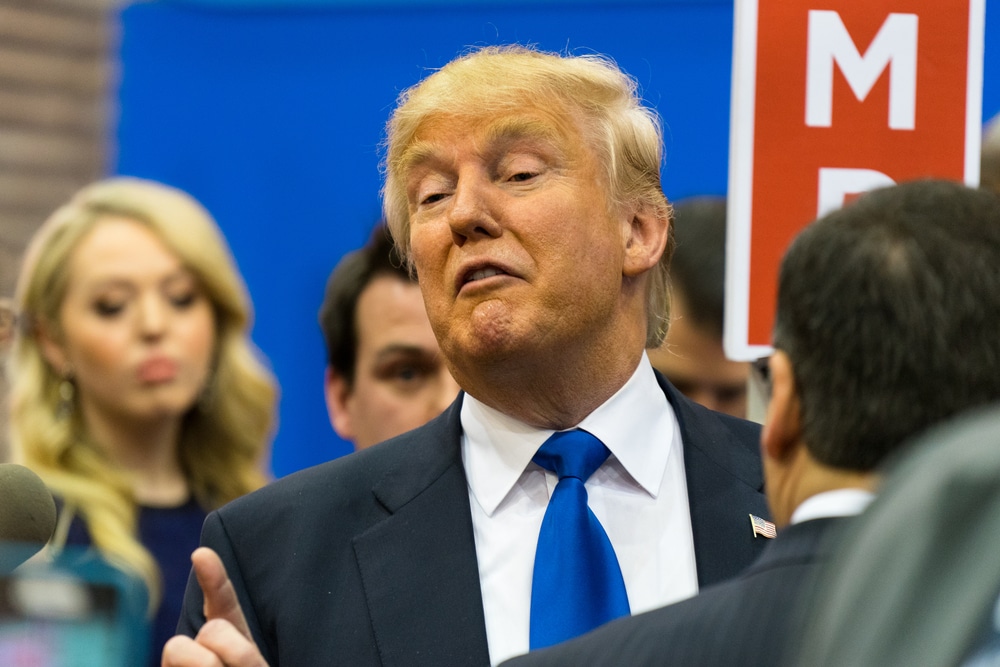
Former President Donald Trump’s distinctive orange skin has captivated attention, sparking curiosity about its evolution from average pale over the years:
What Really Causes Donald Trump’s Skin to be So Orange
21 of the Biggest Lies in American History

Dive into the shadows of American history as we explore 21 of its biggest lies that have left an indelible mark on the nation’s narrative:
21 of the Biggest Lies in American History
32 Things We Once Highly Respected but Are a Complete Joke Now

Discover the amusing downfall of once-respected entities in our changing world:
32 Things We Once Highly Respected but Are a Complete Joke Now
23 of Donald Trump’s Most Hilarious Moments as President
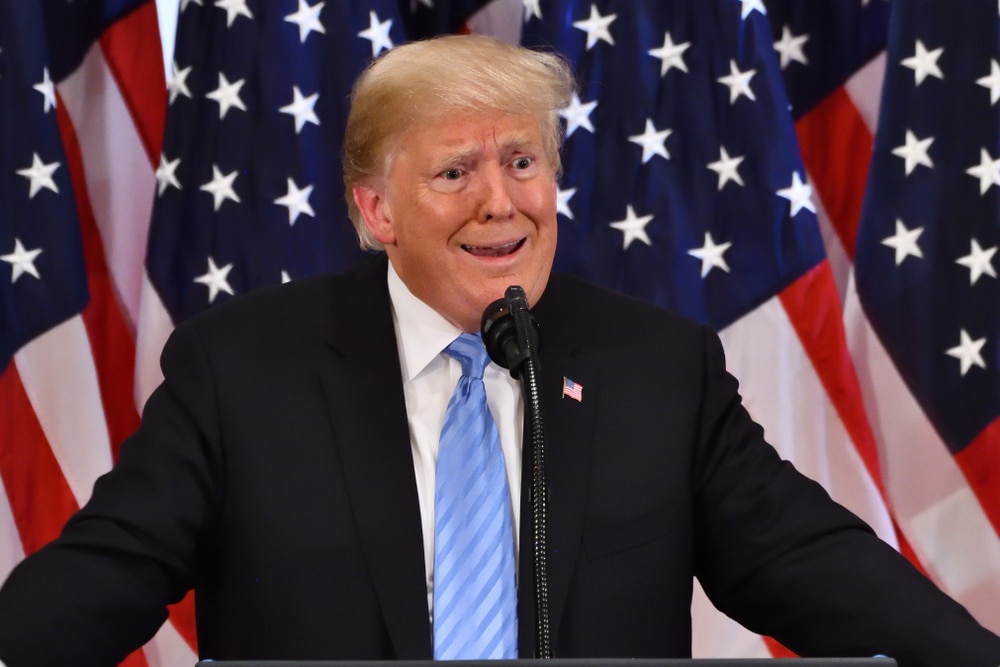
Explore the lighter side of Donald Trump’s presidency with 23 hilariously memorable moments that left the nation in stitches:
23 of Donald Trump’s Most Hilarious Moments as President
27 Things MAGA Movement Ruined Forever for People
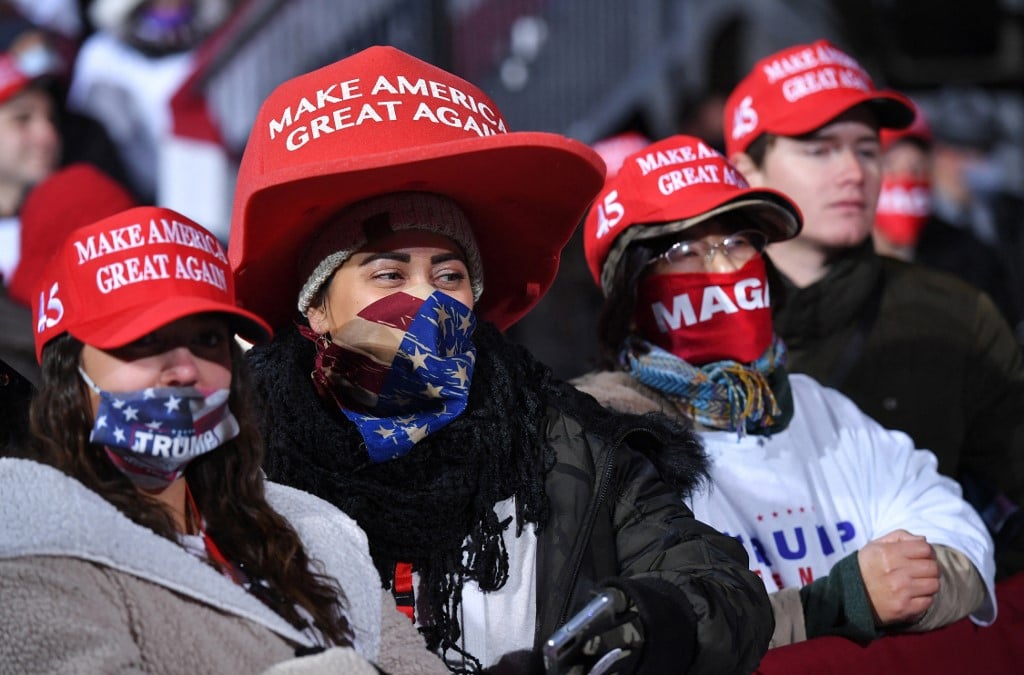
How the MAGA movement left its mark on individuals and disrupted certain aspects of our everyday life forever:







